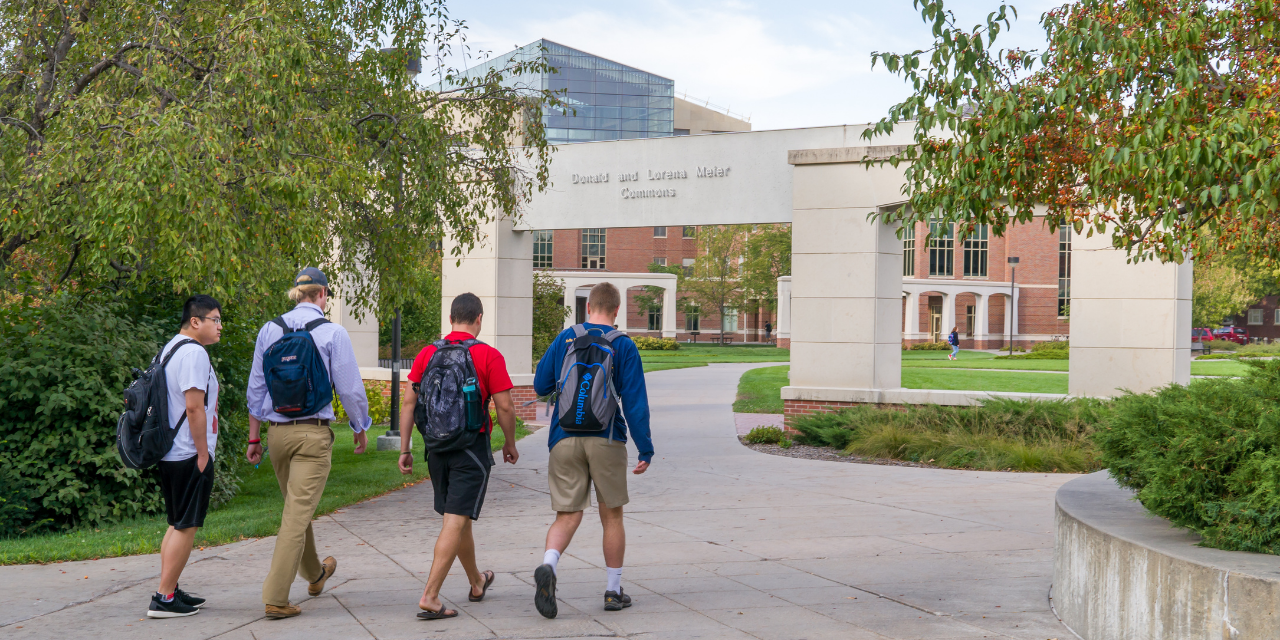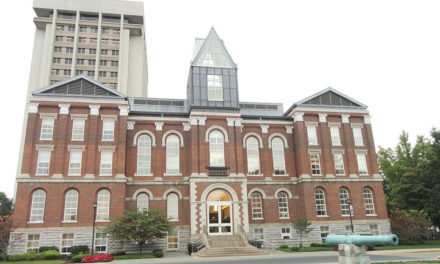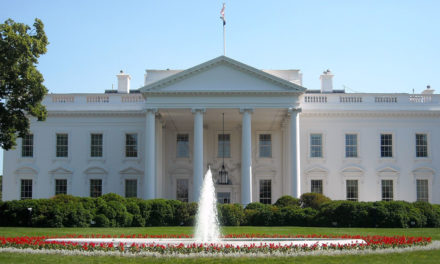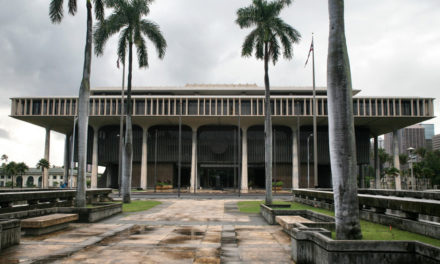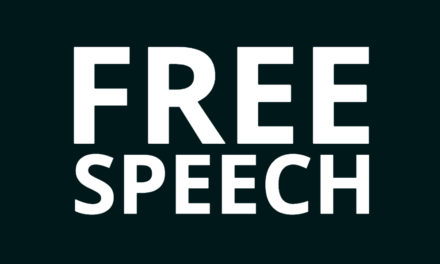If you’re a Christian student club on the campus of the University of Nebraska-Lincoln (UNL) and you want to bring a Christian speaker to an event, you must bring “reasonable political and ideological balance on subjects of politics and government” if you want to use any student activity funds to pay for the speaker.
A new lawsuit filed on behalf of the Ratio Christi student club at UNL alleges the school’s policies violate the First Amendment. The club is represented by attorneys with Alliance Defending Freedom (ADF).
According to the complaint filed in a federal district court, Ratio Christi planned to bring in a respected philosopher, Dr. Robert Audi, who had taught at UNL for several decades, to speak at an event. Audi is a Christian.
The club requested $1,500 in student activity funding to pay for the event but was told by UNL that it must “provide another spokesperson with a different ideological perspective” to counterbalance Audi’s Christian views.
The university allocates over $1 million to various student organizations annually.
The U.S. Supreme Court, in discussing the duties of public universities under the First Amendment when it comes to doling out student fees to campus clubs, has ruled that such disbursements must be handled in a “viewpoint-neutral manner.”
UNL’s campus speakers policy, according to the allegations in the lawsuit, gives no standards for determining what an “opposing” viewpoint might be in any given situation, and forces student clubs themselves to engage in viewpoint discrimination in the speakers they choose.
However, according to Ratio Christi’s complaint, the school’s administrators don’t follow their own policy.
“Instead, Defendants spend hundreds of thousands of dollars in student fees each year to pay for speakers and other events promoting political and ideological viewpoints on topics like sexual orientation, gender identity, reproductive justice, social justice, police reform, and political activism.
“And Defendants do not present opposing viewpoints.”
Dr. Audi’s proposed lecture for which the university required an opposing viewpoint was titled, “Is Belief in God Rational, Given the Evils of This World: A Christian Philosopher Responds to the Most Popular Argument Against God.” The university’s “Program Council” reviewed and denied Ratio Christi’s request for $1,500 and specifically identified the “Christian” nature of the event as problematic, asserting that it was the Council’s job to make sure all ideological perspectives and beliefs are being considered, not just Christianity.
So, a Christian club has to make the case that there is no God, in order to bring in a speaker who asserts that there is a God? While that might make for an interesting debate if a club wanted to schedule such an event, being forced to do so by the government crosses a constitutional line.
One of the problems with the UNL policy, besides its bias against Christianity, is who decides what an “opposing viewpoint” is? Is there only one on any given topic? If there’s more than one, are you obligated to showcase all of them? And when the government, or one of its institutions such as a public university, wields the power to impose such conditions on speech, organizations will choose not to speak rather than be forced to also provide a message they don’t agree with.
That’s called “chilled speech,” and the First Amendment is designed to protect against that happening.
And UNL’s bias against Christianity in the application of its speech policy is unacceptable, says ADF Legal Counsel Michael Ross in an ADF press release.
“Public universities should be eager to support an inclusive environment that showcases a variety of viewpoints, not dismiss those with whom the administration disagrees,” Ross said. “The University of Nebraska–Lincoln has failed to ensure its student organizations are treated fairly and objectively; it turned down Ratio Christi’s reasonable request because of a blatant bias against its particular religious and ideological viewpoint.”
Ratio Christi is a national organization with student chapters on college campuses across the nation. It seeks to advance, teach, and defend Christian beliefs. It regularly hosts events on campuses that discuss topics such as philosophy, ethics, politics and current events from a Christian perspective.
The UNL dispute is not the only lawsuit Ratio Christi finds itself engaged in. It is also suing the University of Houston over that school’s position that Ratio Christi cannot require its leaders to espouse the Christian faith and principles the organization stands for.
The Nebraska case is titled Ratio Christi v. Board of Regents.
Photo from Shutterstock.

